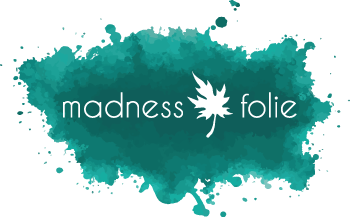Component Evaluation: History’s Lessons 2
Component Evaluation: History’s Lessons – Part 2 Timing: 45 Minutes Mode: In-class; Online Students often find policy difficult to understand and can struggle to comprehend how it directly impacts their day-to-day lives. Health professionals have the same challenge linking policy to everyday professional practice. The combination of historical documents and audio commentaries in this lesson …


 Français
Français